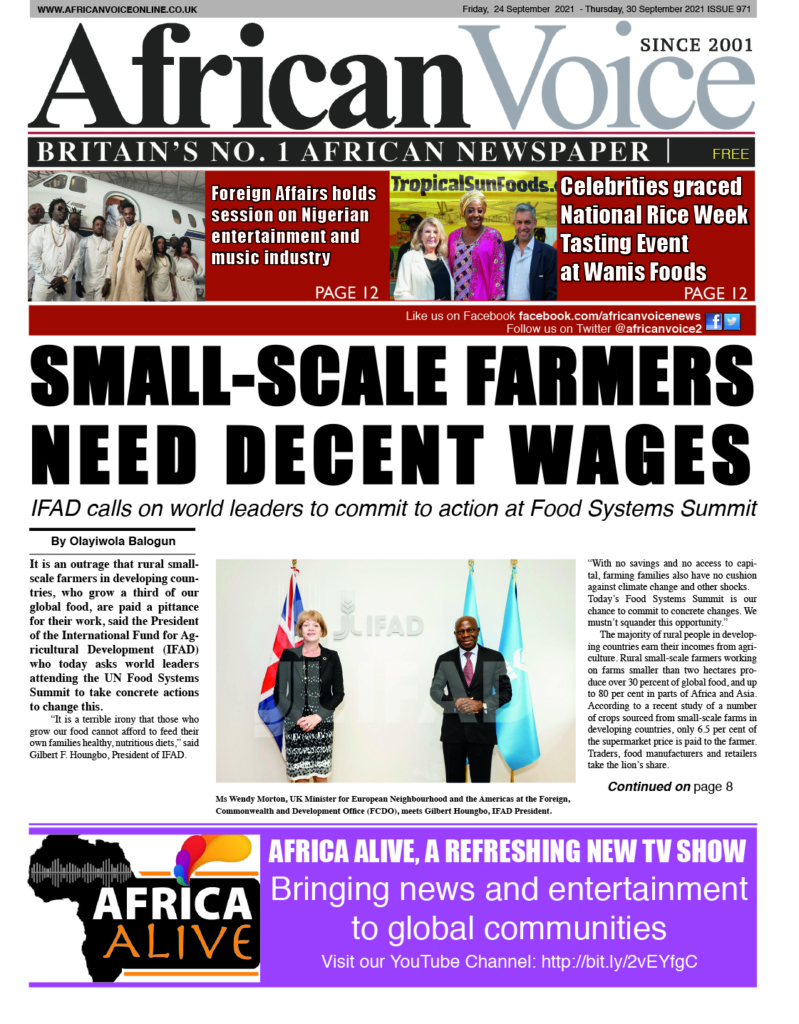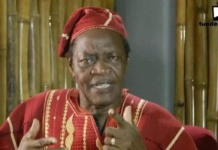
Blacks Britannica: Diversity in Medieval and Early Modern England
Dr Onyeka Nubia
6pm Wednesday 6 October 2021
Museum of London/ Online/ Watch Later
Africans have been present in England for more than two thousand years, but we rarely see them or hear about them. And often their existence is dismissed as a figment of ‘political correctness’ or ‘wokism.’ This lecture will critically assess the myth of England’s story as a ‘sacred white space’ and examine the evidence for diversity in medieval and early modern history. Africans are integral to English history and forgetting this diminishes Englishness, by preventing us from understanding ourselves.
Shakespeare, Race & Performance
Professor Farah Karim-Cooper
6pm, Tuesday 19 October 2021
Museum of London/ Online/ Watch Later
How do Shakespeare’s familiar plays Othello and Romeo and Juliet reflect the early modern preoccupation with race and emerging concepts of colour-based racism? How do these ideas play out in early modern as well as in contemporary performance?
The Manuscripts and Intellectual Legacy of Timbuktu
Robin Walker
6pm, Thursday 28 October 2021
Museum of London/ Online/ Watch Later
The Malian city of Timbuktu is one of the world’s oldest seats of learning and has an intellectual legacy of hundreds of thousands of manuscripts, coming from three great West African desert empires: Ancient Ghana, medieval Mali, and the Songhai Empire. These manuscripts offer a unique window into their history. Many remain unread. This lecture will look at how their study can be used to advance our knowledge of the intellectual history of the premodern world.
Race Colonialism & Power in the Legal System Professor Leslie Thomas QC gres.hm/race-law starts 30/9/21
Historically, law has been designed to serve the interests of the powerful and privileged. At its worst, the legal system can be a cynical facade for violent repression. But law can also be a vital tool in the hands of the oppressed, and a means of fighting back. This lecture series will explore the dynamics of race, class and power in the legal systems of the UK and the Commonwealth Caribbean, how those systems have been shaped by the legacy of colonialism, and how the legal system plays a dual role as an instrument of oppression and as a means for the oppressed to defend themselves.
The Immigration Act 1971: Celebrated or Flawed?
6 pm BST Thursday 30 September gres.hm/immigration-act
Barnard’s Inn Hall, London/ Online (or watch later)
Commonwealth citizens once enjoyed the right to live, work and settle in the UK without any restrictions. But a racist backlash against Black and Asian immigration led to legislators introducing immigration controls in the Commonwealth Immigrants Act 1962, which were broadened by the Commonwealth Immigrants Act 1968 to deprive East African Asians of the right to settle in the UK. Its shameful successor, the Immigration Act 1971 continues to form the basis of our xenophobic immigration laws today.
Judicial Racism and the Lammy Review
6 pm GMT Thursday 02 December gres.hm/judicial-racism
Barnard’s Inn Hall, London/ Online (or watch later)
Judges, who are typically drawn from privileged backgrounds, wield vast power over the lives of the most marginalised people in society. This lecture will explore the role of judicial racism in perpetuating injustice and inequality in the legal system. The Lammy Review found gross disparities sentencing for Black and white defendants – while also finding no systematic racial bias in juries’ decisions to convict or acquit. What should we do about racism in the judiciary and the legal profession?
The Brixton Riots: Policing the Black Community in the Last 40 Years
6 pm GMT Thursday 03 February gres.hm/brixton-riots
Barnard’s Inn Hall, London/ Online (or watch later)
Judges, who are typically drawn from privileged backgrounds, wield vast power over the lives of the most marginalised people in society. This lecture will explore the role of judicial racism in perpetuating injustice and inequality in the legal system. The Lammy Review found gross disparities sentencing for Black and white defendants – while also finding no systematic racial bias in juries’ decisions to convict or acquit. What should we do about racism in the judiciary and the legal profession?
Human Rights in the UK and the Commonwealth Caribbean
6 pm GMT Thursday 10 March gres.hm/human-rights
Barnard’s Inn Hall, London/ Online (or watch later)
The Human Rights Act 1998, which incorporated the European Convention on Human Rights into domestic law, was a landmark moment in British legal history, with quasi-constitutional protection for fundamental rights.
Meanwhile, the national constitutions of the Commonwealth Caribbean contain fundamental rights provisions which are often inspired by, but diverge significantly from, the European Convention. This lecture will examine the judicial protection of human rights in the UK and the Commonwealth Caribbean, and will confront its shortcomings and vulnerabilities.
Taking on a Corporate Giant: David v Goliath Legal Cases
6 pm BST Thursday 07 April gres.hm/david-goliath
Barnard’s Inn Hall, London/ Online (or watch later)
Many people are inspired by stories of individual litigants, often with few financial resources and little assistance, taking on large corporations in court and fighting for their rights. This lecture will explore some of those stories, from Thomas Cook to the islanders in Barbuda, and from the perspective of a lawyer who has represented many Davids against many Goliaths.
Should The Commonwealth Caribbean Abolish Appeals To The Privy Council?
6 pm BST Thursday 26 May gres.hm/caribbean-appeals
Barnard’s Inn Hall, London/ Online (or watch later)
In the Commonwealth Caribbean, final appeals were traditionally heard by the Judicial Committee of the Privy Council, or ‘Her Majesty in Council’. Some islands have now replaced the Privy Council with the Caribbean Court of Justice as their highest court. The choice of highest court remains a controversial political issue in the Caribbean. While the Privy Council has deep colonial and imperial roots, it has sometimes been an important safeguard for fundamental rights: what are the pros and cons?
(part of a separate series:)
Segregation and the Rule of Law
Thomas Grant QC
6 pm BST Monday 21 March 2022 gres.hm/segregation-law
Barnard’s Inn Hall, London/ Online (or watch later)
The law has been used to entrench and uphold racial prejudice, most infamously in South Africa during the apartheid years, but also in the United States in the period up to the mid-twentieth century. In South Africa and the southern states of America, judges showed themselves willing to use the law to uphold and promote white supremacy. This lecture will discuss the uneasy interplay between the concept of the rule of law and the enforcement of segregation legislation.
Kindly follow us on twitter:@AfricanVoice2











